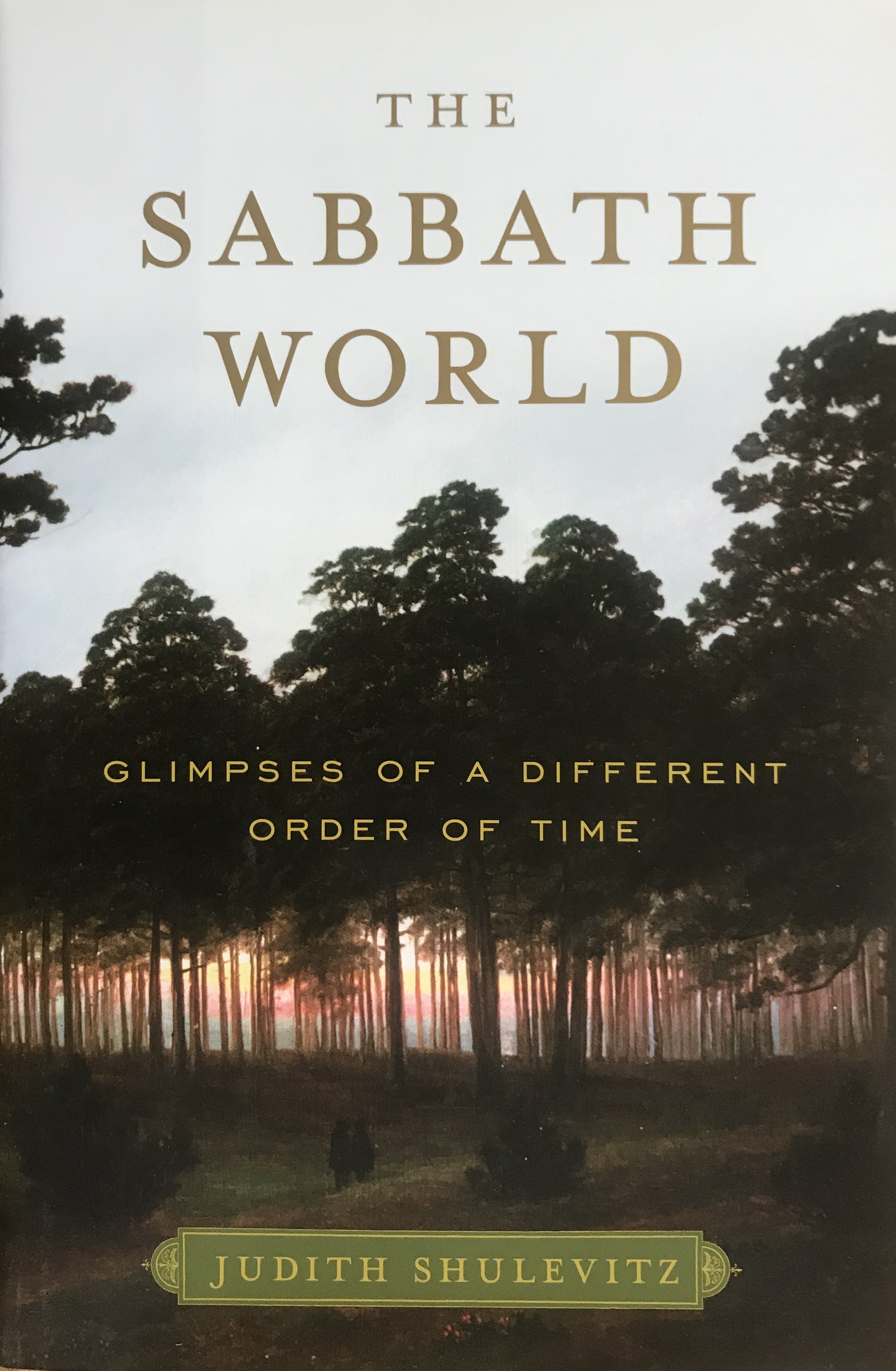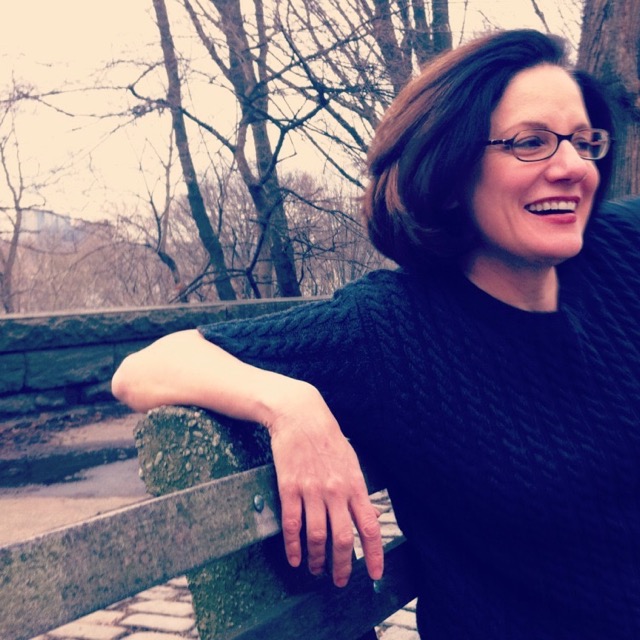The utilitarian argument for remembering the Sabbath, then, would be that it reminds us to get in the habit of not working and spending quality time with the people around us. Doing that—and thereby coming to believe that it was the right thing to do—would benefit us, our families, our neighborhoods, and our nation, nurturing all the informal and formal associations that go into the making of our civil society.
Another argument for remembering the Sabbath is less hygienic; it appeals instead to what Presidents Lincoln and Obama have called the better angels of our nature. This is Wordsworth’s spot in time in which we cultivate our negative capabilities. I should say that this argument is only rarely advanced in the name of the Sabbath. It more often takes the form of a lament for the lost art of leisure, as elevated to its highest form by the ancient Greeks and Romans. In 1948, as Germany grimly set about to rebuild its shattered economy, the German Catholic philosopher Josef Pieper wrote a book on leisure in which he begged his readers not to succumb to the ethos of “total work” and forget the ancient understanding of leisure as the highest good, the point of life, that which makes possible the highest achievements of the human spirit, philosophy, and music. “Leisure,” wrote Pieper, “is a form of silence, of that silence which is the prerequisite of the apprehension of reality.” In 1962, the American political philosopher Sebastian de Grazia defended leisure in the name of Aristotle, who thought that a citizen could not be free without leisure and the ability to use it well.
More recently, David Levy, a professor at the Information School at the University of Washington, has updated both the utilitarian and the humanistic arguments for the networked age by calling for a new “informational environmentalism.” Just as we fight to save marshlands and old-growth forests from development and pollution he says, so we need to fight to save ourselves from the “pollutants” of communications overload: the overabundance of information that turns us into triagers and managers, rather than readers; the proliferation of bad or useless or ersatz information; the forces that push us to process information quickly rather than thoughtfully. If we don’t fend off those pollutants, he cautions, we risk becoming cut off from the world, rather than more connected; less able to make wise decisions, rather than better informed; and, in the end, less human. “Much as the modern-day environmental movement has worked to cultivate and preserve certain natural habitats, such as wetlands and old-growth forests, for the health of the planet, so too should we now begin to cultivate and preserve human habitats for the sake of our own well-being,” Levy writes.
How would we go about this? Levy models his answer, he says, on the environmentalist movement. Just as environmentalists no longer try to shut down factories or get rid of cities, information environmentalists should not try to slow down the pace of life or limit the information revolution. Instead, he says, “we will need to cultivate unhurried activities and quiet places, sanctuaries in time and space for reflection and contemplation.” Which sanctuary in time does he have in mind? The Sabbath, of course. “I by no means want to argue for the broad-scale adoption of traditional Sabbath practices … by the larger population,” he says. What does he want to argue for? He is loath to say: “I could speak to the ways I myself am experimenting with such ideas at home and in the workplace, but effective change will most importantly come through collective reflection, experimentation, and action: local communities creating sanctuaries that fit their particular circumstances.”

Follow us here and subscribe here for all the latest news on how you can keep Thriving.
Stay up to date or catch-up on all our podcasts with Arianna Huffington here.


